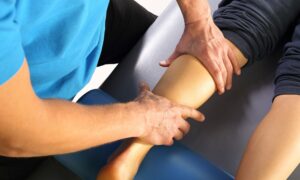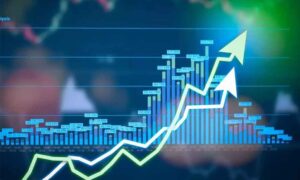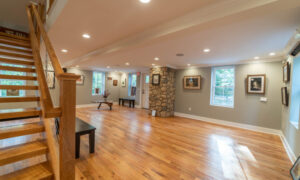
The spinal vertebrae are covered by disks that protect by acting as shock absorbers. The disks have an inner nucleus that is covered by an outer layer called the annulus. Herniated disk means that the annulus has been damaged causing the disk to enter the spinal canal which houses the nerves. The compression of the nerves causes the person to experience pain.
Disk herniation commonly affects the lumbar and cervical segments of the spinal cord and therefore the presence of the condition depends on the affected part. Diagnosis of the condition is done through taking a medical history, doing a physical examination, and imaging studies. Treatment of herniated disk at Yancey Pain & Spine will depend on the part that is affected and the severity of pain.
What Causes a Herniated Disk?
Injury to the spinal cord is one cause of disk herniation. You can also get a herniated disk due to the excessive straining of the spinal cord. Old age is another cause of disk herniation because as you age, the ligaments that ensure the disk is in the right position start to age thus becoming weak and the disk also undergoes degeneration.
Some people may also be genetically predisposed to getting a herniated disk. Improper lifting of things using the back instead of exerting more weight on your lower limbs also predisposes you to get a disk herniation. Some behaviors like smoking will also increase the risk of disk herniation while obesity can put you at an increased risk of disk herniation as well.
What Symptoms Should You Look out for?
The symptoms of a herniated disk depend on which part of the spinal cord is affected. If the disc herniation occurs on the cervical or neck part, you will experience pain and numbness that radiates to your upper limbs and shoulder. This pain becomes worse with sneezing or when you make sudden awkward movements. This type of pain is called cervical radiculopathy and can vary between sharp or dull.
When the affected area is your lumbar spine, the condition will present with pain and numbness along the course of the sciatic nerve from the back to the leg. This pain will be unilateral and is accompanied by tingling and numbness. Sciatica becomes worse with prolonged duration of sitting and when lifting heavy weights with your back. The pain is usually sharp and is worsened by stretching your leg.
Can a Herniated Disk Cause Complications?
Some of the complications of a herniated disk include urine and fecal incontinence when the nerves supplying the bladder and rectum become affected. Another complication of a herniated disk is a numbness that can sometimes progress to paralysis. This can occur in a condition called saddle anesthesia. Another complication is cauda equina syndrome and pain that lasts for a very long duration.
You can prevent herniated disk by avoiding lifting heavy weights using your back instead of the thighs and legs taking most of the weight. You can also do back strengthening exercises and always ensure that you maintain a correct posture that does not strain your back. It is also important to eat a healthy diet, stay well hydrated, and watch your weight.
Who Is at Risk of Herniated Disk?
- Someone with a genetic predisposition of a herniated disk
- Old age
- Someone whose job involves lifting weights with the back
- Smokers
- An obese or overweight person
Conclusion
A herniated disk is caused by compression of the nerves inside the spinal canal when a degenerated disk escapes the annulus and enters the canal compressing the nerves. Old age, strenuous activities, and smoking increases the risk of disk herniation. Early treatment should be sought to prevent complications like paralysis.







